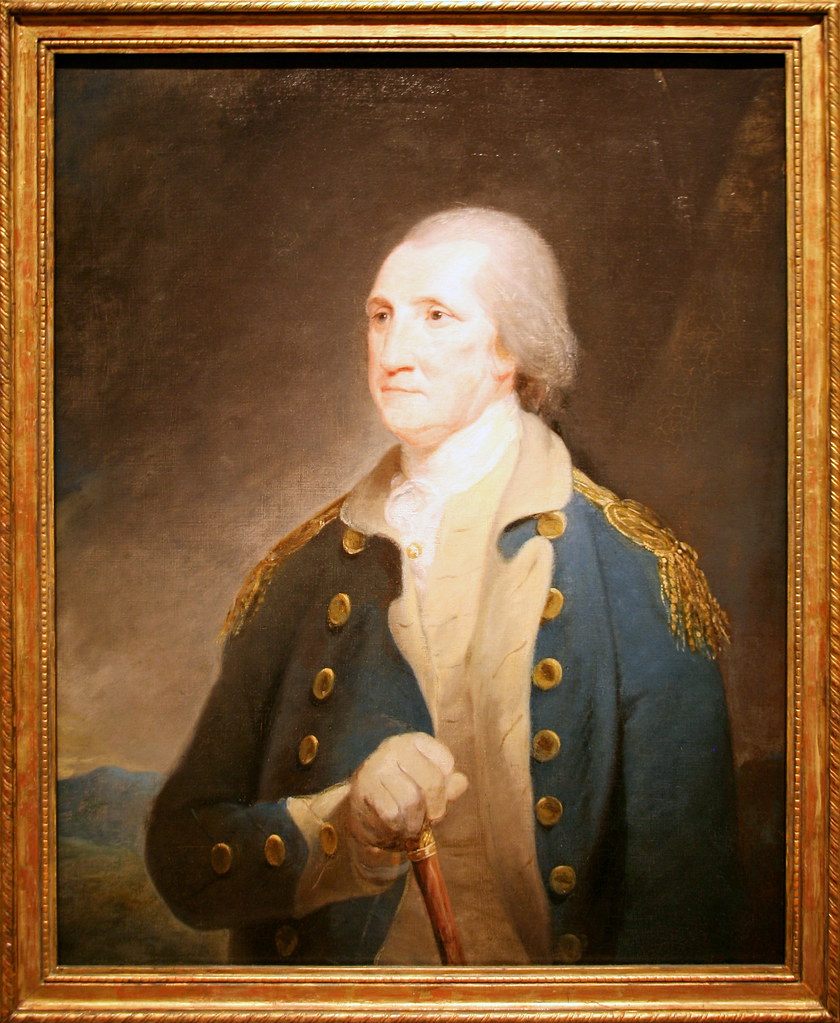George Washington’s Farewell Address is a letter written by the first American President, George Washington, to “The People of the United States of America”. Washington wrote the letter near the end of his second term as President, before his retirement to his home Mount Vernon. Washington begins his warnings to the American…
Author: William Smith
William Smith is a Disabled Combat Military Veteran with 21 years of service. Degrees in Legal Studies, Criminal Justice, and Business Administration, with minors in US and World History. Originally from Baltimore Maryland, William now calls Montana home.


